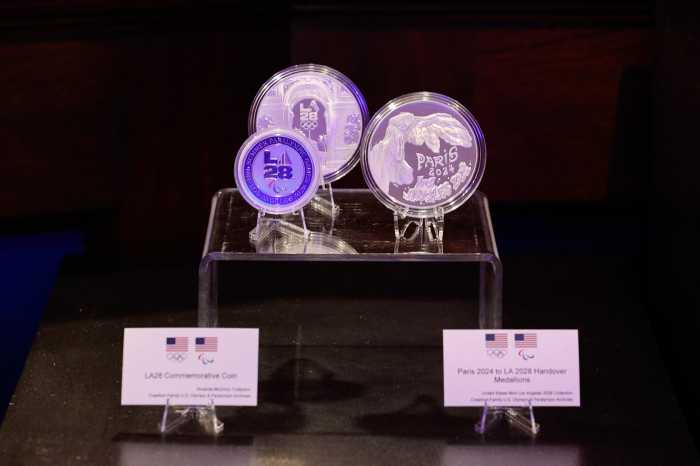The oldest coin in the country will leave soon.
President Donald Trump ordered the Treasury Department to wind down the production of pennies as a way to reduce unnecessary government spending.
“Lets rip the waste out of our great nation, even if it’s a penny at a time,” he posted on Truth Social early in February.
While the executive branch lacks the authority to phase out currency, in April Congress introduced a bipartisan bill to end production of the one-cent coin.
When we’ll stop seeing pennies?
Current legislation in the U.S. Congress calls for a cease in production within a year once the bill passes. As reported earlier by The Wall Street Journal, the Treasury Department pledged it will stop minting pennies early in 2026.
However, pennies will still be around. In the past, the U.S. has stopped minting certain coins, yet they have remained legal tender. For example, the two-cent coin, which was last minted for circulation in 1873, remained legal tender afterward. Over time, naturally, the coin just fell our of circulation as people and merchants stopped using them.
The current legislation, mentions the phase out of pennies doesn’t mean they will be demonetized. They will remain a legal tender as has happened with other discontinued coins.
“All coins and currencies of the United States, regardless of when coined, printed, or issued, and including one-cent coins, shall continue to be legal tender for all debts, public and private, public charges, taxes, duties, and dues, in accordance with law,” the bill reads.
Nevertheless is up to each private merchant to set their own payment policies. In Canada, for instance, where the Canadian penny was discontinued in 2012, some merchants no longer accept the coin, and a couple banks there have limited its acceptance.





































